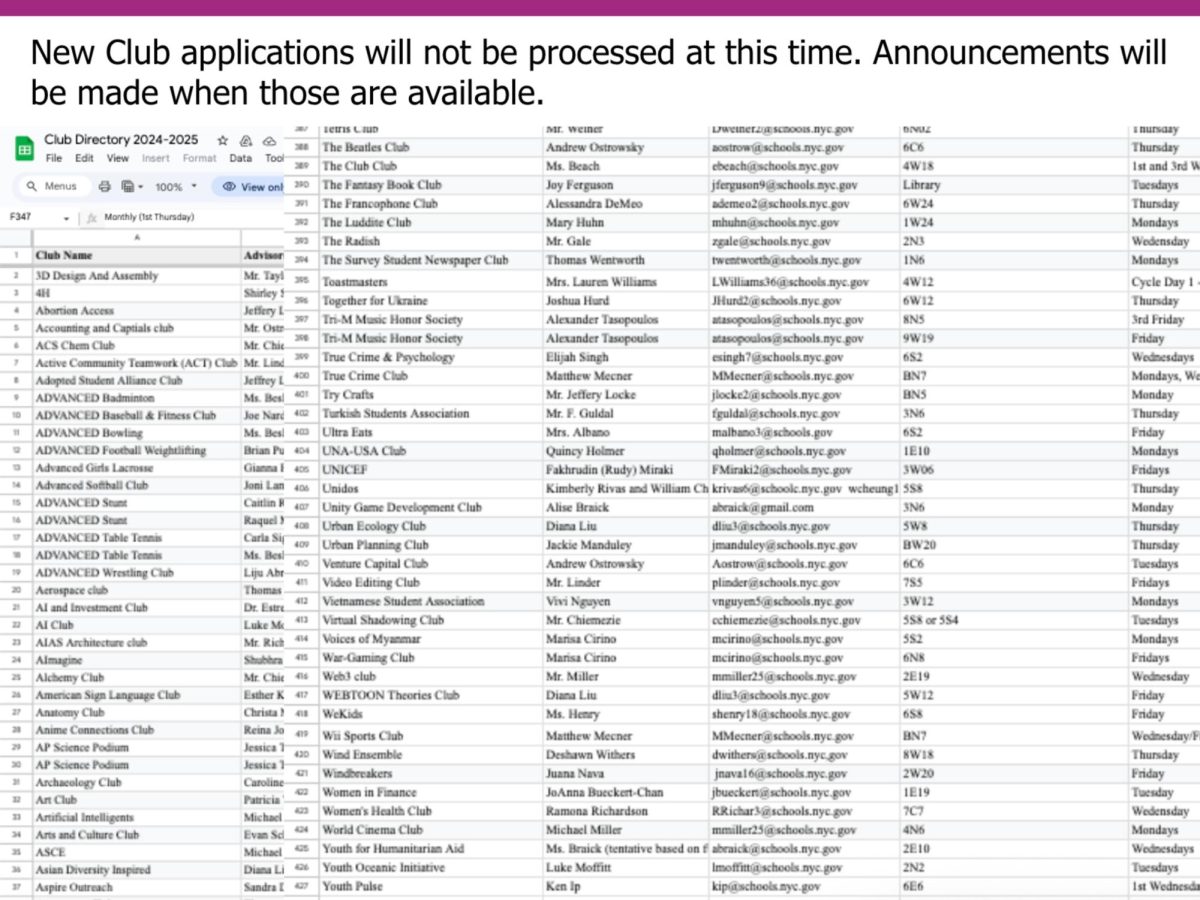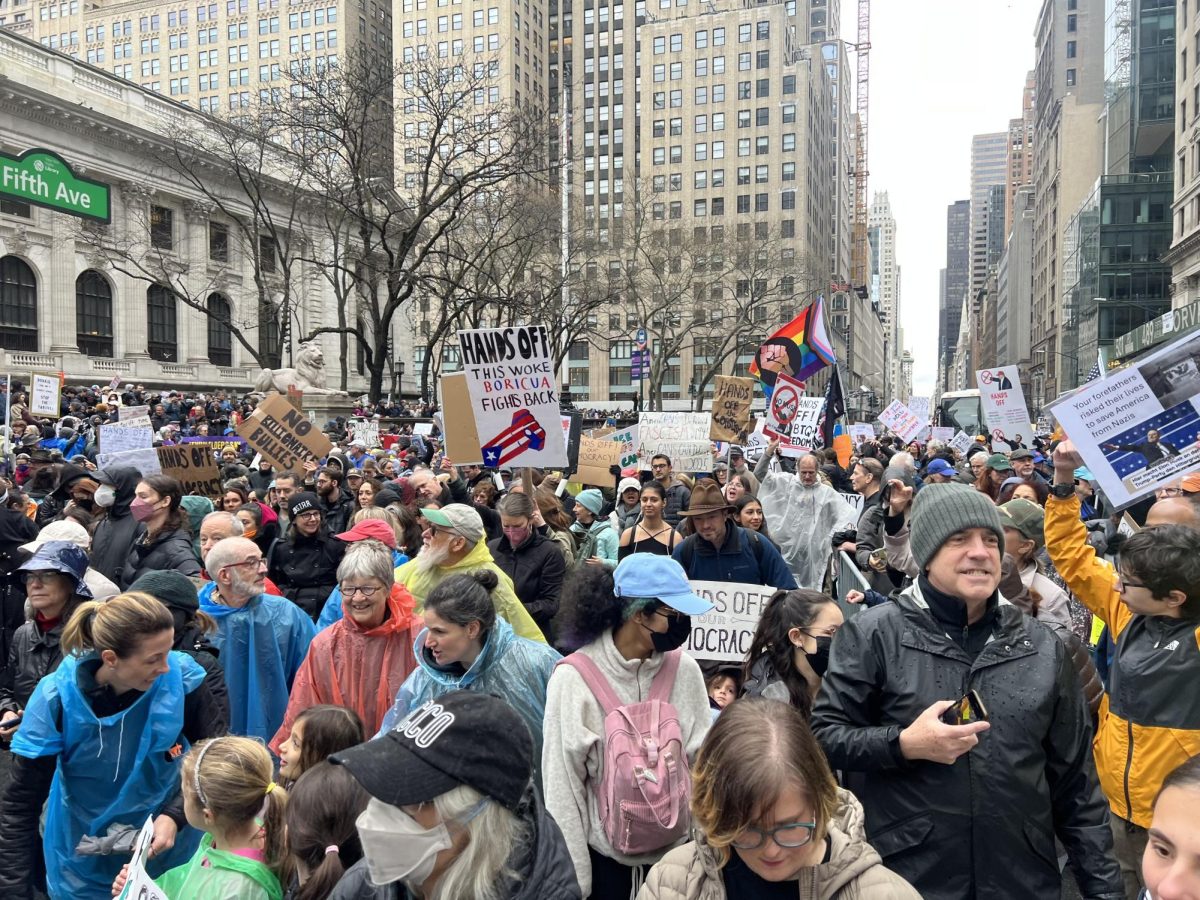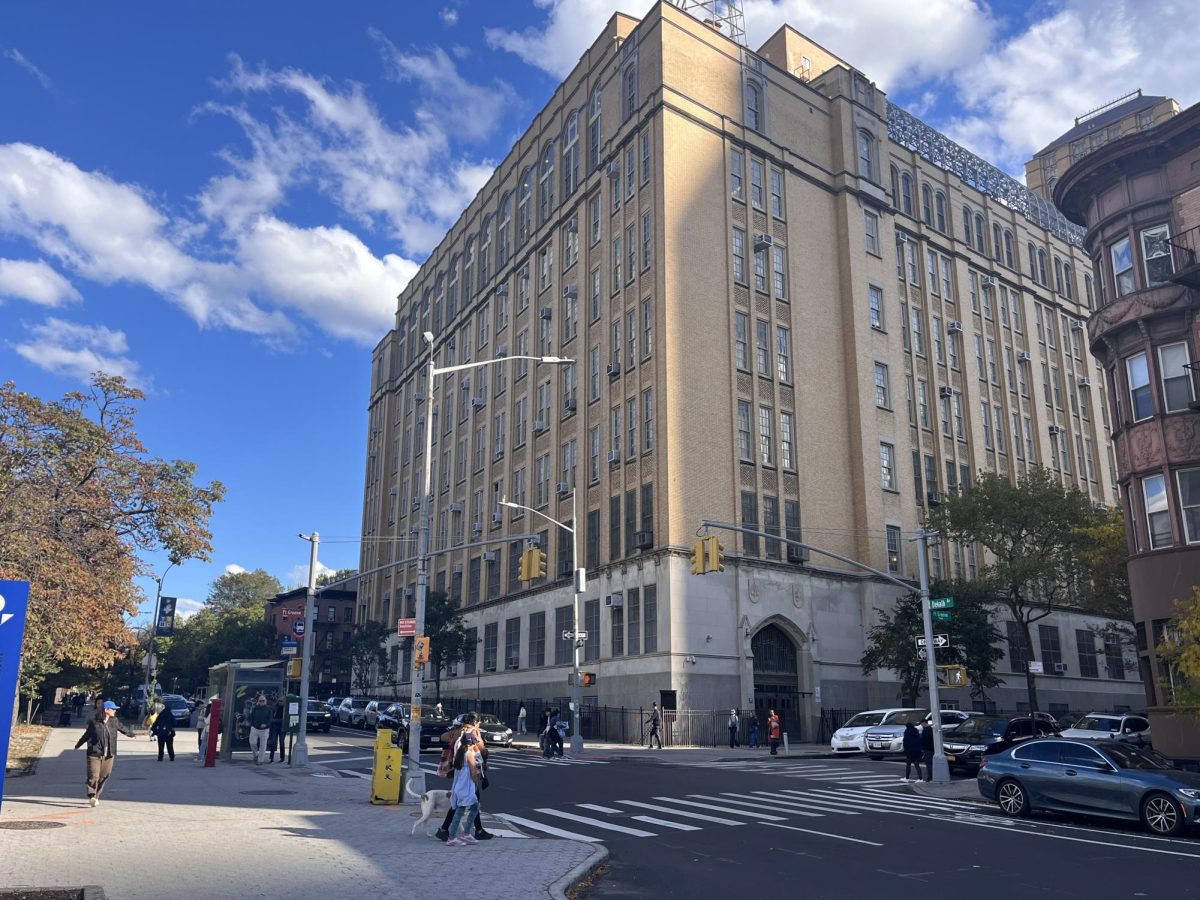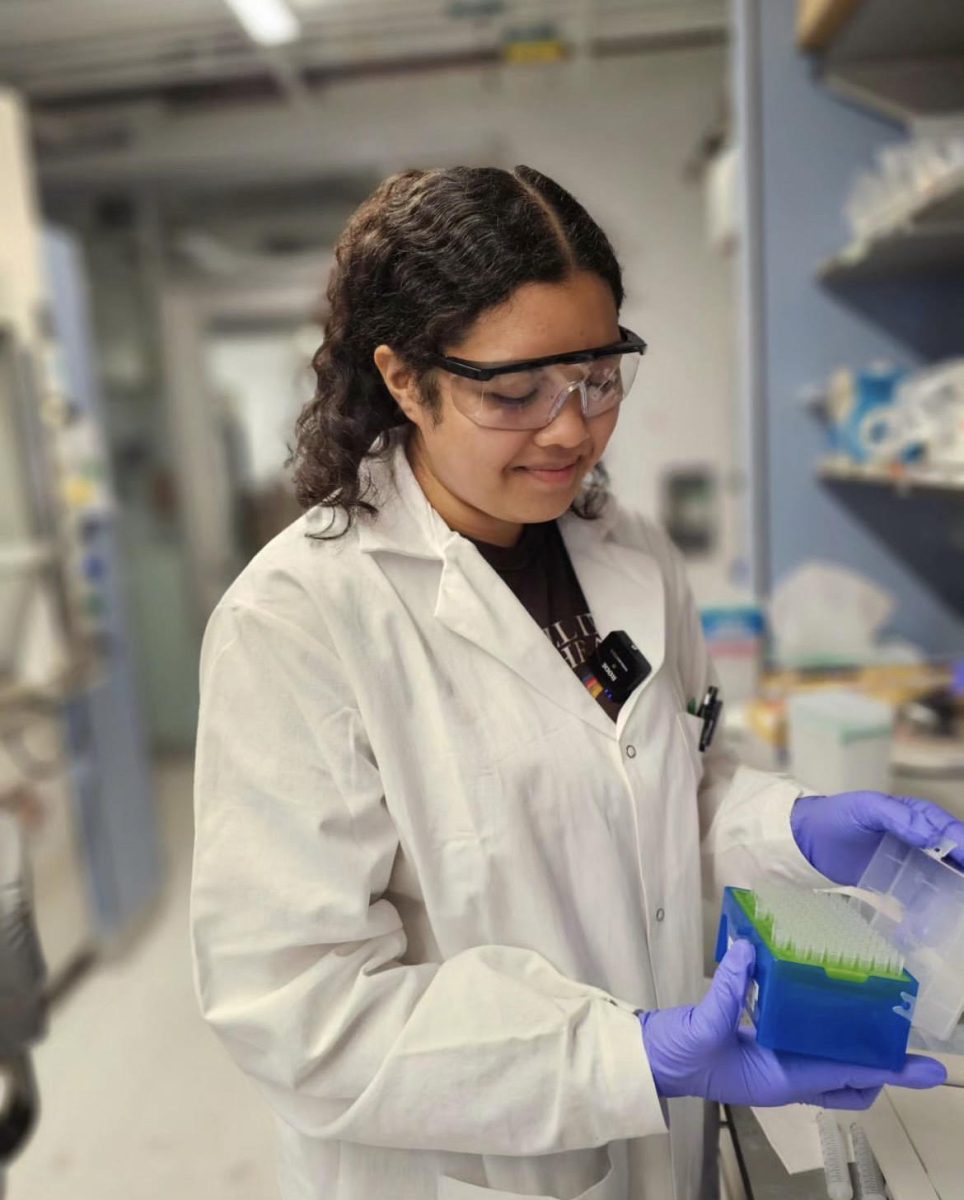As summer approaches each year, many Tech students compete for selective STEM internships and pre-college programs. Given the large number of applicants for these programs, some have acceptance rates as low as 5%, leaving many to wonder where their applications fell short.
Summer internships are heavily sought by Tech students because of the benefits they reap in college applications and resumes. The knowledge, experience, and professional skills students gain can help further their career aspirations, extending the skills they learn in their classes — especially major classes — beyond the classroom.
STEM majors are provided with many summer opportunities in fields ranging from computer science to biological sciences. Many Tech students gravitate to New York University’s (NYU) summer internships because of the university’s world-class science and engineering programs. Some popular NYU internships that many Tech students participate in include Applied Research Innovations in Science and Engineering (ARISE), a 7-week long program, and NYU RISE UP-, a 4-week long program focused on Medicine. Both are geared toward high schoolers eager for lab experiences.
Software Engineering major Jasper Hall (‘24) participated in ARISE this past summer and anticipates putting his newly acquired skills to work as he pursues a career in computer science. “[Summer internship experience] has helped me further understand Python and overall the work experience will all help me in my future endeavors,” Hall explained.
From specialized courses within majors to rigorous general course requirements, Tech students have advantages when applying to summer programs. “Due to all of the STEM classes our school offers, I had a rigorous set of classes which was definitely more appealing,” said Biological Sciences major Mia Mbom (‘24), who also participated in ARISE. “Most schools don’t offer 18 APs and don’t have major-specific classes such as Anatomy and Genetics.”
At a STEM-focused high school like Tech, many of the internships promoted through daily announcements, emails, or teachers target students with STEM-specific interests. The school actually receives federal funding for CTE internships open to majors such as Aerospace Engineering, Architecture Engineering, Civil Engineering, Electrical Engineering, Industrial Design, Mechatronics and Robotics, Media Communications, and Software Engineering. These majors promote CTE internships where they are paid by the DOE rather than the company hosting the program.
“When kids are picking majors now, there are only certain majors [CTE majors] with these paid, highly desirable internships, so I think there’s a reason there are ten sections of Software [Engineering],” said Mr. Serge Avery, Tech’s scholarship advisor, and Pre-AP World History teacher.
Even the Tech name has its advantages. “My mentor actually said that she likes hiring from the Tech pool because she knows what we can do,” explained Hall. “In fact, about half of the high schoolers in the lab were from Tech.”
Chemical Engineering major Aisha Mowla (‘24) participated in the ARISE, encountering many other Tech students there. During the summer of 2023, around 1,000 sophomore and junior students across the city applied. While only 60 students were chosen for the program, approximately one-third of the interns selected were Tech students.
“It’s really selective. Tech pushes [students to join STEM internships],” said Mowla. “The acceptance rate for Tech students is lower because so many applied, but I would say the majority of the program if you were looking at schools was Tech.”
As more students compete for coveted STEM summer internships, they are likely to experience rejection, but the application process can be unpredictable. “You don’t know what [the programs] are looking for and you could be the most qualified person in the world and still not get in,” said Mowla.
Biological Sciences major Angelina Rodriguez (‘24) found that NYU RISE UP targeted Tech students very specifically. Organized by MD and Ph.D. students from NYU, with less direct association with the university, RISE UP draws a smaller pool of applicants. “You had to ‘be in the know’ because it was never advertised to me,” said Rodriguez. “It was advertised to Weston Research [Scholars].”
Some students take a different route and apply to work in college labs with professors rather than applying for a structured program, but pursuing those opportunities can be a difficult process. “I emailed [what] must have been fifty professors asking to work at their lab,” said Lucy Ansley (‘25), a Biological Sciences major who interned in a lab at NYU. “I think I got five responses, most of them being no, but one being yes, which was exciting. A lot of times they said we already have one or we don’t need [a lab assistant].”
Whether accepted or rejected, the application process itself can be a learning experience. Rodriguez’s main takeaway from the competitive process is “to really show yourself and your passions in your writing because it’s more telling than grades.”









































